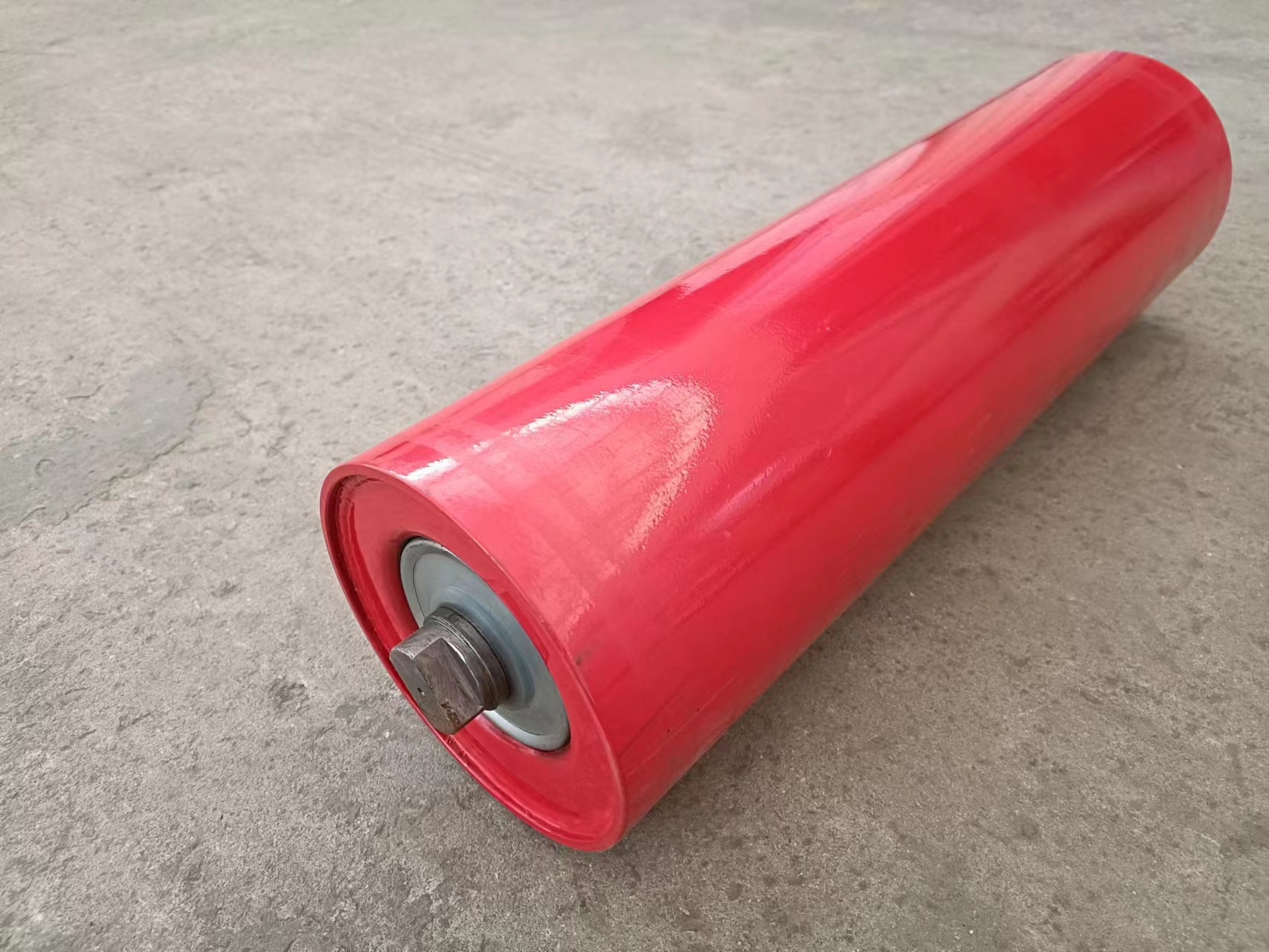 Afrikaans
Afrikaans  Albanian
Albanian  Amharic
Amharic  Arabic
Arabic  Armenian
Armenian  Azerbaijani
Azerbaijani  Basque
Basque  Belarusian
Belarusian  Bengali
Bengali  Bosnian
Bosnian  Bulgarian
Bulgarian  Catalan
Catalan  Cebuano
Cebuano  Corsican
Corsican  Croatian
Croatian  Czech
Czech  Danish
Danish  Dutch
Dutch  English
English  Esperanto
Esperanto  Estonian
Estonian  Finnish
Finnish  French
French  Frisian
Frisian  Galician
Galician  Georgian
Georgian  German
German  Greek
Greek  Gujarati
Gujarati  Haitian Creole
Haitian Creole  hausa
hausa  hawaiian
hawaiian  Hebrew
Hebrew  Hindi
Hindi  Miao
Miao  Hungarian
Hungarian  Icelandic
Icelandic  igbo
igbo  Indonesian
Indonesian  irish
irish  Italian
Italian  Japanese
Japanese  Javanese
Javanese  Kannada
Kannada  kazakh
kazakh  Khmer
Khmer  Rwandese
Rwandese  Korean
Korean  Kurdish
Kurdish  Kyrgyz
Kyrgyz  Lao
Lao  Latin
Latin  Latvian
Latvian  Lithuanian
Lithuanian  Luxembourgish
Luxembourgish  Macedonian
Macedonian  Malgashi
Malgashi  Malay
Malay  Malayalam
Malayalam  Maltese
Maltese  Maori
Maori  Marathi
Marathi  Mongolian
Mongolian  Myanmar
Myanmar  Nepali
Nepali  Norwegian
Norwegian  Norwegian
Norwegian  Occitan
Occitan  Pashto
Pashto  Persian
Persian  Polish
Polish  Portuguese
Portuguese  Punjabi
Punjabi  Romanian
Romanian  Russian
Russian  Samoan
Samoan  Scottish Gaelic
Scottish Gaelic  Serbian
Serbian  Sesotho
Sesotho  Shona
Shona  Sindhi
Sindhi  Sinhala
Sinhala  Slovak
Slovak  Slovenian
Slovenian  Somali
Somali  Spanish
Spanish  Sundanese
Sundanese  Swahili
Swahili  Swedish
Swedish  Tagalog
Tagalog  Tajik
Tajik  Tamil
Tamil  Tatar
Tatar  Telugu
Telugu  Thai
Thai  Turkish
Turkish  Turkmen
Turkmen  Ukrainian
Ukrainian  Urdu
Urdu  Uighur
Uighur  Uzbek
Uzbek  Vietnamese
Vietnamese  Welsh
Welsh  Bantu
Bantu  Yiddish
Yiddish  Yoruba
Yoruba  Zulu
Zulu Durable Rubber Idler Roller for Enhanced Conveyor System Efficiency and Performance
The Significance of Rubber Idler Rollers in Modern Industries
Rubber idler rollers are an essential component in various industrial applications, serving a critical role in the operation of machinery and conveyor systems. Their significance lies not only in their functional attributes but also in the advantages they bring in terms of efficiency and maintenance.
What are Rubber Idler Rollers?
Rubber idler rollers are cylindrical components typically made from durable rubber or a rubber compound. They are designed to support conveyor belts by maintaining appropriate belt tension and providing an effective surface for the belt to glide over. Unlike drive rollers, which actively contribute to the movement of materials, idler rollers are passive components that help guide and stabilize the belt.
Applications in Various Industries
Rubber idler rollers find extensive applications in numerous industries, including mining, manufacturing, packaging, and logistics.
1. Mining In the mining industry, rubber idler rollers are crucial for conveyor systems that transport raw materials such as coal, minerals, and ores. Their ability to withstand harsh environmental conditions, including exposure to dust, moisture, and abrasive substances, makes them ideal for this sector.
2. Manufacturing Many manufacturing facilities utilize conveyor systems equipped with rubber idler rollers to streamline production processes. By ensuring a smooth and consistent movement of parts, these rollers help minimize downtime and improve overall productivity.
3. Packaging In packaging industries, rubber idler rollers assist in the efficient movement of products down assembly lines. Their non-slip surface helps prevent product damage and enhances the safety of personnel working in proximity to the conveyor systems.
4. Logistics and Warehousing The logistics sector relies heavily on conveyor systems for transporting goods. Rubber idler rollers play a vital role in the smooth operation of these systems, enhancing the speed and efficiency of goods handling.
rubber idler roller

Advantages of Rubber Idler Rollers
There are several benefits to using rubber idler rollers in industrial applications
1. Durability Rubber idler rollers are known for their exceptional durability. The rubber material can absorb shock and resist wear and tear, ensuring a longer lifespan compared to rollers made of metal or plastic.
2. Reduced Noise One notable advantage of rubber rollers is their ability to reduce noise levels during operation. This is particularly important in environments where noise pollution can be a concern, helping to create a more comfortable work atmosphere.
3. Vibration Dampening Rubber’s inherent properties allow it to dampen vibrations, which is crucial in many applications. By reducing vibration, these rollers contribute to a more stable operation, decreasing the risk of mechanical failures.
4. Cost-Effectiveness The use of rubber idler rollers can lead to significant cost savings over time. Their durability reduces the frequency of replacements, and their efficiency in material handling translates into lower operational costs.
5. Flexibility Rubber idler rollers are versatile and can be designed to fit specific applications and conditions. They are available in various sizes and hardness levels to cater to different operational requirements.
Maintenance and Care
While rubber idler rollers are designed to be robust and long-lasting, regular maintenance is essential to ensure optimal performance. This includes cleaning the rollers to remove debris that may cause wear, inspecting for signs of damage, and ensuring that they are properly aligned to prevent belt misalignment.
In conclusion, rubber idler rollers are indispensable in modern industrial applications. Their versatility, durability, and noise-reducing properties make them an ideal choice for a range of industries, from mining to logistics. As businesses continue to seek ways to improve efficiency and reduce operational costs, the relevance of rubber idler rollers will undoubtedly grow, solidifying their place as a vital component in industrial machinery.
-
Revolutionizing Conveyor Reliability with Advanced Rubber Lagging PulleysNewsJul.22,2025
-
Powering Precision and Durability with Expert Manufacturers of Conveyor ComponentsNewsJul.22,2025
-
Optimizing Conveyor Systems with Advanced Conveyor AccessoriesNewsJul.22,2025
-
Maximize Conveyor Efficiency with Quality Conveyor Idler PulleysNewsJul.22,2025
-
Future-Proof Your Conveyor System with High-Performance Polyurethane RollerNewsJul.22,2025
-
Driving Efficiency Forward with Quality Idlers and RollersNewsJul.22,2025





























